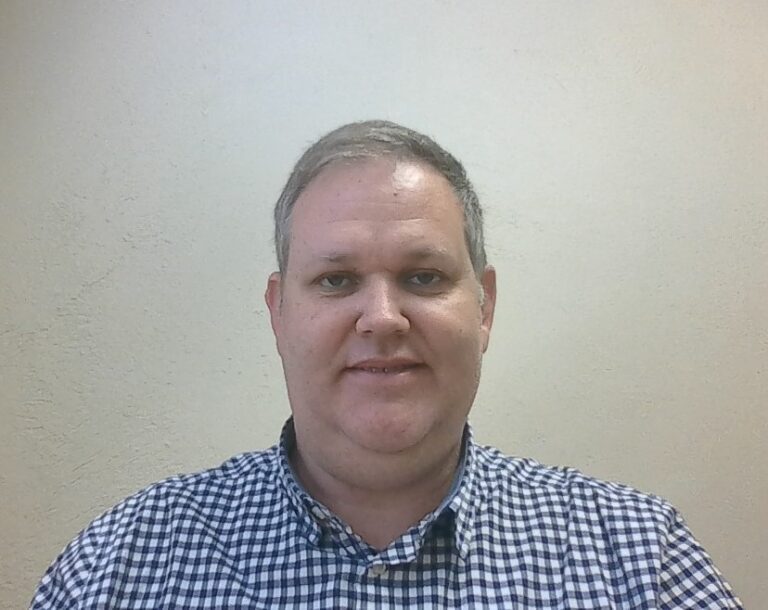Lifestyle and Tech is at the forefront of current news and trends covering business, technology, personal finance, travel, fashion and smart living. We aim to deliver quality content that inspires your life and influences the way you decide to live it
CONTACT US
At Lifestyle and Tech, we believe in the trust of our audience. Hence, we cordially welcome suggestions to make this platform user-friendly.
You can kindly contact us for the following:
- If you are keen to write for us
- If you have any questions
- If you have press releases
[email protected]
WhatsApp or Call +27 71 260 0299
© Lifestyle and Tech | WordPress website design and development by The Ethical Agency, a leading Digital Marketing Agency for sustainable brands | Website powered by green renewable energy website hosting

